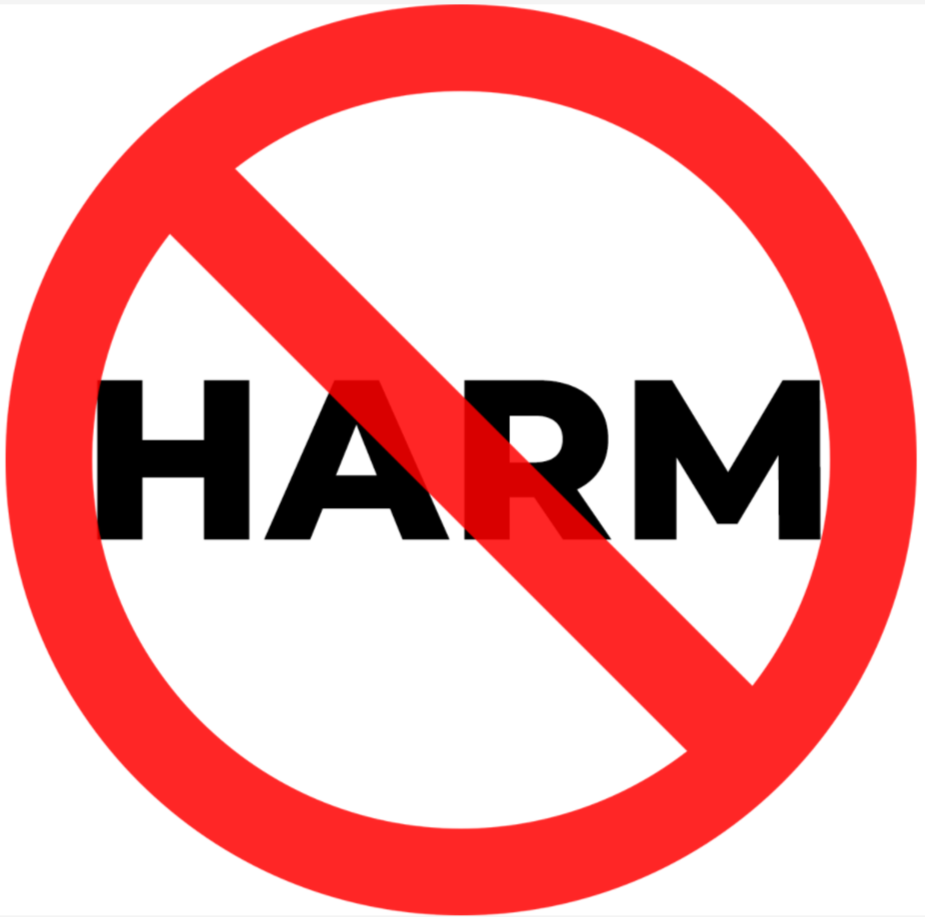
I stumbled upon this interesting study that’s based on a thought experiment. Researchers asked smokers the following question, “Imagine that a new ’clean’ nicotine product has been developed. This new product is as satisfying to use as smoking cigarettes. It is also as addictive as cigarettes, but it is far less harmful than cigarettes. It also costs slightly less than cigarettes. How interested would you be in using this product?“
Some of their findings are discussed as follows [emphasis mine]:
Our research found that smokers simultaneously support the use of a hypothetical clean nicotine product for harm reduction purposes, while also holding negative attitudes towards clean nicotine for long-term maintenance of nicotine addiction. This may partly be due to the stigma associated with the term “addiction” (Wigginton et al., 2016b). There is often a moral element to perceptions about addiction, and those who are addicted can be perceived as weak-willed, and lacking in personal responsibility (Thompson, Pearce & Barnett, 2007; Wigginton, Morphett & Gartner, 2016a). When discussing smoking and treatment, smokers often refer to the importance of willpower, personal choice and autonomy, all of which are greatly valued in contemporary society (Morphett et al., 2013, 2015; White, Oliffe & Bottorff, 2013). Nevertheless, it is clear that there is a significant proportion of smokers who wish to end their addiction to smoking who also do not want to replace their addiction to smoking with addiction to an alternative nicotine product (Morphett et al., 2015; Wigginton et al., 2016b). They should be supported in this goal, however it should also be the responsibility of health professionals to provide smokers with accurate information about the relative risks of all nicotine products, so that they can make informed choices (Kozlowski & Edwards, 2005; Lynn T. Kozlowski & Sweanor, 2016). Given the aversion to addiction observed in this study, informing consumers about differential addictiveness may influence their product choices.
I don’t find it at all surprising that smokers would prefer to be free of nicotine addiction. What I find interesting here are the assumptions of the authors.
This would appear to be an expression of an internal locus of control — an expression of their values, preferences, and goals. However, it appears to be understood as a product of an external factors and resulting personal pathology — social stigma, moralizing, misperceptions related to will-power and personal responsibility, and values held by society.
I suppose the other interesting assumption is that addiction could be a neutral to positive experience if only we can successfully minimize the harms.
I may be wrong, but I read the use of “however” as implying that this wish is to be indulged despite the irrationality.
If we can assume, for a moment, that this preference is an expression of their true, self-determined values, goals, and preferences, rather than internalized stigma, a moral reflex, or a capitulation to social pressures, what does this say about the experience of addiction? Even when the addiction is not disabling or harmful?
I’d suggest that it implies the experience of addiction is an experience of impaired control — wanting to stop, wanting to be able to stop. Even in the absence of harm, no one would choose to have impaired control over oneself. (Of course, the possibility of harm-free ATOD addiction exists only as a thought experiment.)
If we’re willing to grant them enough agency to suspend the theory that it’s a product of internalized stigma, the fact that many people with nicotine addiction would reject a theoretical harm-free nicotine addiction suggests that, for many, there’s no such thing as harm-free ATOD addiction.
